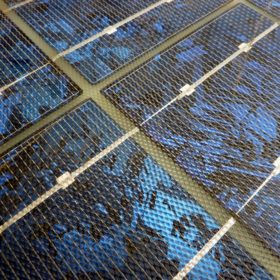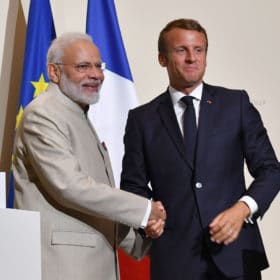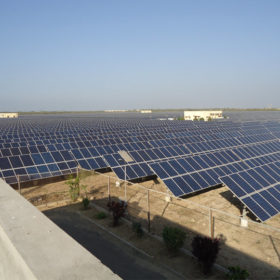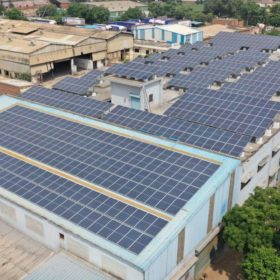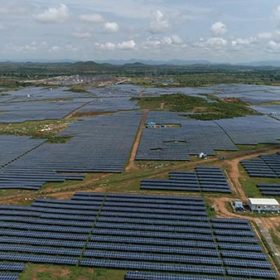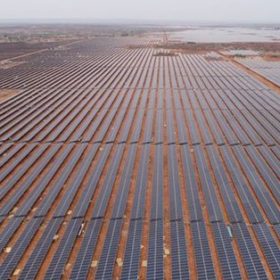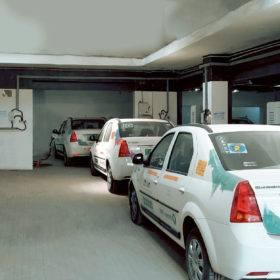REIL seeks 150,000 multi-crystalline silicon solar cells
Bids are invited from Indian manufacturers to supply four-/five-busbar multi-crystalline silicon solar cells rated for 4.5W peak output. Bidding closes on March 15.
Cabinet approves India, France MoU on renewable energy
The Memorandum of Understanding entails joint research and development projects in solar, wind, hydrogen and biomass energy.
Tata Power to set up 15 MW solar plant for Tata Steel
The solar plant in the Jamshedpur city of Jharkhand is expected to generate an average 32 million units of electricity per year, offsetting approximately an average 25.8 million Kg of CO2 annually.
MSMEs can contribute 16 GW in meeting solar target
The Ministry of Micro, Small & Medium Enterprises is working with the World Bank to bring in a credit guarantee mechanism to make financing accessible to unrated MSMEs for implementing rooftop solar projects.
India’s installed solar capacity reaches 41,689 MW
The nation installed a cumulative solar capacity of 41,689 MW as of December 31, 2020, with 1298 MW added in the October-December period. Going forward, capacity addition in the current year’s first quarter could exceed 2 GW.
Siemens completes the acquisition of C&S Electric in India
Siemens has acquired C&S Electric’s around 99.22% equity share capital for INR 2,100 crore. The acquisition will allow it to address the rising demand for low-voltage power distribution solutions in India. Apart from gaining easy access to the Indian market, the transaction also aims to create an export hub.
Bidding extended for 275 MW solar in Uttar Pradesh
Developers now have until March 11 to lodge their interest in building 275 MW of grid-connected solar capacity in Uttar Pradesh Solar Park. The projects are to be set up on a build-own-operate basis.
Sterling and Wilson partners Enel X to enter EV charging infrastructure
Under the joint venture, Sterling and Wilson will provide end-to-end services for electric vehicle charging stations across India.
Ieefa proposes a three-pronged approach for grid firming
A new report discusses battery storage, green hydrogen, and flexible coal-fired power generation as key grid firming options for India as solar and wind are poised to form 51% of the nation’s total installed generation capacity by 2030.
Indian researchers improve perovskite-based solar cell structure
A numercal study by researchers at India’s Chitkara University has shown enhanced charge extraction in metal-perovskite-metal back-contact solar cell structure through electrostatic doping. The proposed design yielded a 59.4% improvement in power conversion efficiency over previously reported structures.

